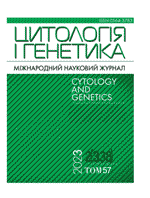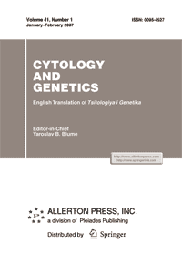MicroRNAs (miRNAs) are widely referred to as gene regulators for different diseases. Single nucleotide polymorphism (SNP) in miRNA genes affects miRNA transcription, maturation, target specificity, and interaction, contributing to coronary heart disease (CHD). The current case-control study was designed to determine the role of rs2292832, rs3746444, rs11614913, rs1044165, and rs767649 as risk factors for CHD in the Pakistani population using TaqMan Assay. This case-control study aimed to investigate the association of five miRNA SNPs–rs2292832, rs3746444, rs11614913, rs1044165, and rs767649–with CHD risk in the Pakistani population using the TaqMan assay. Among these, rs3746444 showed a significant association with CHD under co-dominant, dominant, heterozygous, and additive inheritance models. Similarly, rs11614913 was linked to CHD under co-dominant, dominant, recessive, and additive models. The SNP rs767649 was associated with CHD across co-dominant, dominant, recessive, heterozygous, and additive models. A strong association between rs1044165 and CHD was observed under the heterozygous model. Variants in MIR499A, MIR196A2, MIR155, and MIR223 emerged as significant genetic risk factors for CHD, whereas MIR149 did not show a meaningful association in this cohort. These findings suggest a potential role of miRNA polymorphisms in CHD pathogenesis; however, further studies with larger sample sizes are required to validate these associations.
Keywords: microRNA, single nucleotide polymorphism, coronary heart disease, TaqMan Assay

